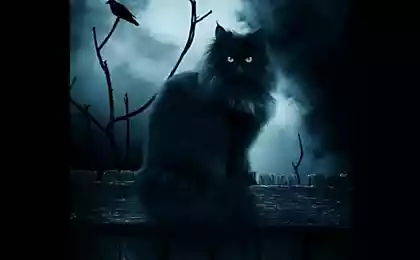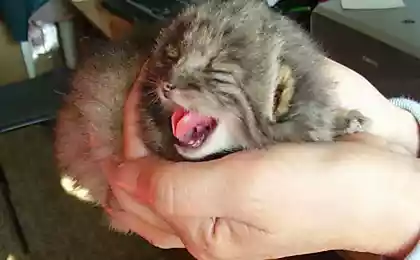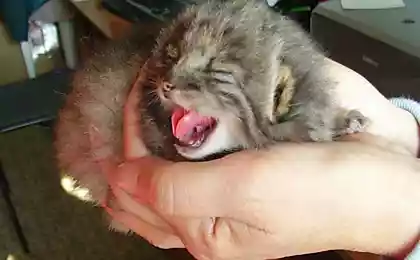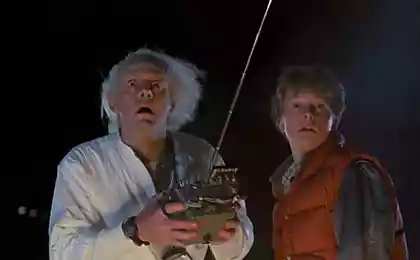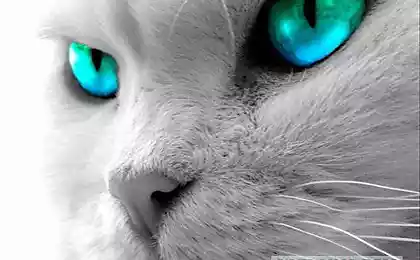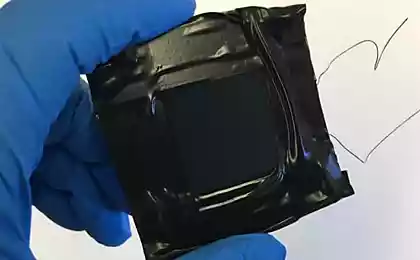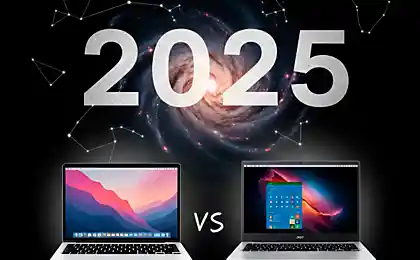506
Pictures of cute animals increase productivity
Here is your excuse for the boss, if he catches you watching videos about kittens in the workplace: according to a new study, viewing pictures of cute baby animals improves productivity at work, increasing attention and accuracy.
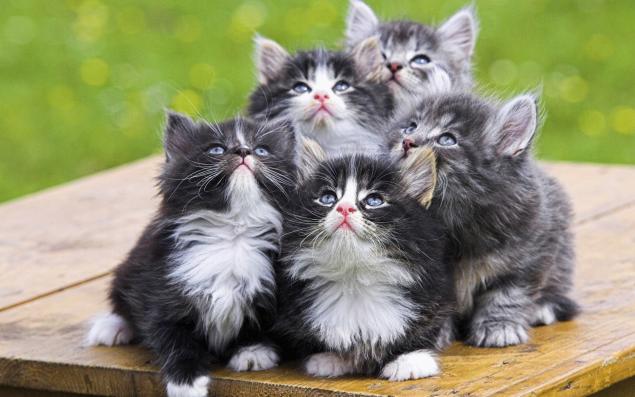
Perhaps not surprisingly, a study conducted in Japan, where it is newfangled slang word "kawaii" (Japanese "cute"). Handsome heroes series, "Hello, kitty" and "Pokemon" create positive feelings, researchers say, because their big eyes and heads, they resemble toddlers.
It is known that in humans the observation of the child's face is a gentle parental feelings, and some scientists suggest that these cute images may encourage friendly relations. And recently, experts from the University of Hiroshima has shown that these feelings go beyond child care and social situations and can contribute to the solution of problems that require special care and concentration.
In the first part of the experiment, 48 College students were playing a game: using tweezers, they had to pull out 14 tiny pieces from holes in the playing field in the shape of a patient's body. After the first round half of the students looked at seven images of baby animals (considered the cute), whereas other participants watched photos of adult animals.
Then the students again tried to perform the task. Those who only looked at the pictures of the kids, could pull a lot more game pieces than before, while the others hardly improved the results.

Early research showed that people slow down speech in conversation with children, and Japanese researchers suggest that the image nice kids can produce a similar effect. The students who viewed the photos was slowed down and became more efficient during the game. In addition, the researchers suspect that the participants of this group triggered the feelings of care, and in fact it helps to improve the tasks related to the provision of assistance (even to a humanoid game Board).
To reinforce this data, the researchers conducted the same experiment, but with a few changes, for 48 new members. Instead of tasks the students were dealing with sets of numbers, in which they had to count the number of occurrences of a certain digit. Within three minutes, the students gave the maximum possible number of correct answers, with the added burden of a limited period of time. This time the researchers divided students into three groups, two of them looked at images of young or adult animals, as before, while a third group watched images of mouth-watering sushi, steak and other food.
The results of the first experiment were confirmed. The second time students who looked at young animals, is much better handled with digital task, whereas other participants significantly improved the results. To perform the task, it was necessary to focus on the figure, the researchers note. Indeed, in the second experiment, it was found that participants who looked at cute babies, and was better able to distinguish individual features.
"Kawaii" things not only make us happier, but also affect behavior, the scientists write. – This study demonstrates that viewing pretty phenomena of nature improves the subsequent performance of tasks that require functional carefulness, possibly by narrowing attention".
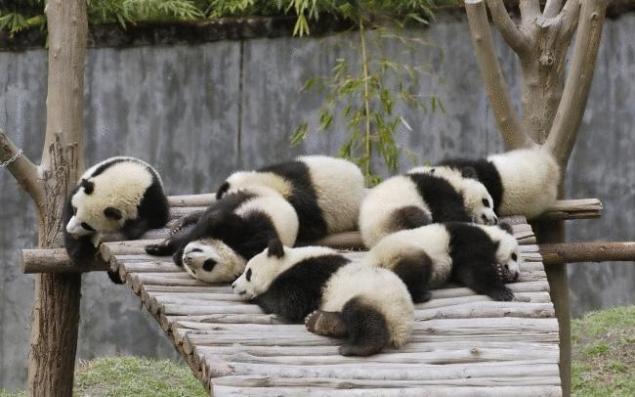
Source: /users/104

Perhaps not surprisingly, a study conducted in Japan, where it is newfangled slang word "kawaii" (Japanese "cute"). Handsome heroes series, "Hello, kitty" and "Pokemon" create positive feelings, researchers say, because their big eyes and heads, they resemble toddlers.
It is known that in humans the observation of the child's face is a gentle parental feelings, and some scientists suggest that these cute images may encourage friendly relations. And recently, experts from the University of Hiroshima has shown that these feelings go beyond child care and social situations and can contribute to the solution of problems that require special care and concentration.
In the first part of the experiment, 48 College students were playing a game: using tweezers, they had to pull out 14 tiny pieces from holes in the playing field in the shape of a patient's body. After the first round half of the students looked at seven images of baby animals (considered the cute), whereas other participants watched photos of adult animals.
Then the students again tried to perform the task. Those who only looked at the pictures of the kids, could pull a lot more game pieces than before, while the others hardly improved the results.

Early research showed that people slow down speech in conversation with children, and Japanese researchers suggest that the image nice kids can produce a similar effect. The students who viewed the photos was slowed down and became more efficient during the game. In addition, the researchers suspect that the participants of this group triggered the feelings of care, and in fact it helps to improve the tasks related to the provision of assistance (even to a humanoid game Board).
To reinforce this data, the researchers conducted the same experiment, but with a few changes, for 48 new members. Instead of tasks the students were dealing with sets of numbers, in which they had to count the number of occurrences of a certain digit. Within three minutes, the students gave the maximum possible number of correct answers, with the added burden of a limited period of time. This time the researchers divided students into three groups, two of them looked at images of young or adult animals, as before, while a third group watched images of mouth-watering sushi, steak and other food.
The results of the first experiment were confirmed. The second time students who looked at young animals, is much better handled with digital task, whereas other participants significantly improved the results. To perform the task, it was necessary to focus on the figure, the researchers note. Indeed, in the second experiment, it was found that participants who looked at cute babies, and was better able to distinguish individual features.
"Kawaii" things not only make us happier, but also affect behavior, the scientists write. – This study demonstrates that viewing pretty phenomena of nature improves the subsequent performance of tasks that require functional carefulness, possibly by narrowing attention".

Source: /users/104

